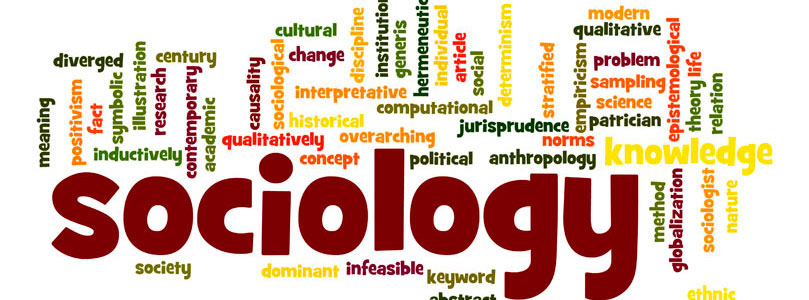Let us consider Mr X, Mr Y, and Mr Z. Mr X is a fine conversationalist. He can quote from Shakespeare, Tagore, Freud, Rousseau, Karl Marx, Thomas Paine or Mahatma Gandhi at the drop of a hat. He can brilliantly analyse the speech the Indian Prime Minister had made the previous day. He can play the violin with some skill, and when he visits an art exhibition, his comments are knowledgeable and interesting. However, he has a singular failing—he is a male chauvinist and sometimes even beats his wife.
Mr Y is a double MA and a PhD. He specialises in Sociology, and his favourite haunt is the library. His daily routine is generally full—he attends seminars, delivers lectures and writes books. There are times when even the government consults him on matters relating to his field. Mr Y has no dramatic flaw in his character like Mr X, but he is so vain about his credentials that he looks down on anyone who does not have a PhD. In other words, he inwardly scorns almost the whole of humanity.
ADVERTISEMENTS:
Mr Z has studied only up to Class 12. He is simple, honest, hardworking, amiable, and cheerful. He does an ordinary job, but he does it to near-perfection.
In the above group, who is cultured? Who is educated? Who is both? Who is neither?
Mr X, Mr Y, and Mr Z are all educated to different extents, but what stands out about Mr X is his culture and what is prominent in Mr Y is his educational background. ‘Culture’ and ‘education’ are heavy words, and in the eyes of the world Mr Z would be too much of a lightweight to be seriously associated with any of these two terms.
Yes, being cultured and being educated are two different things. Usually most cultured men are at least fairly well-educated as well, but all educated men are not cultured. Culture connotes a broadness of mind that an educated man may or may not possess.
ADVERTISEMENTS:
A person may pass school and college and be termed ‘educated’; yet, it can happen that his interest in academics is purely perfunctory— his overriding concern is how he can somehow get through the examinations and earn the degree that will make him eligible for a decent job.
One might wonder why I brought in Mr Z in this discussion at all, as he apparently does not quite fit into the subject. Here is my reason, I think in the very setting of the topic there is an implied suggestion that one of the purposes of education is to make us cultured; yet why is it that, ever so often, this does not happen? It may not happen because the quality of education imparted is not up to the mark; or because of a lack of adequate response from the student in question.
My contention is that while culture is a fine thing, we must look beyond it as well. The saints of many a religion were not particularly educated or cultured as we normally interpret these terms. Yet, because they were extraordinarily good, they had access to a state of being and understanding that, while being far beyond the ken of ordinary men, is nevertheless the most conducive to a happier and better world.

